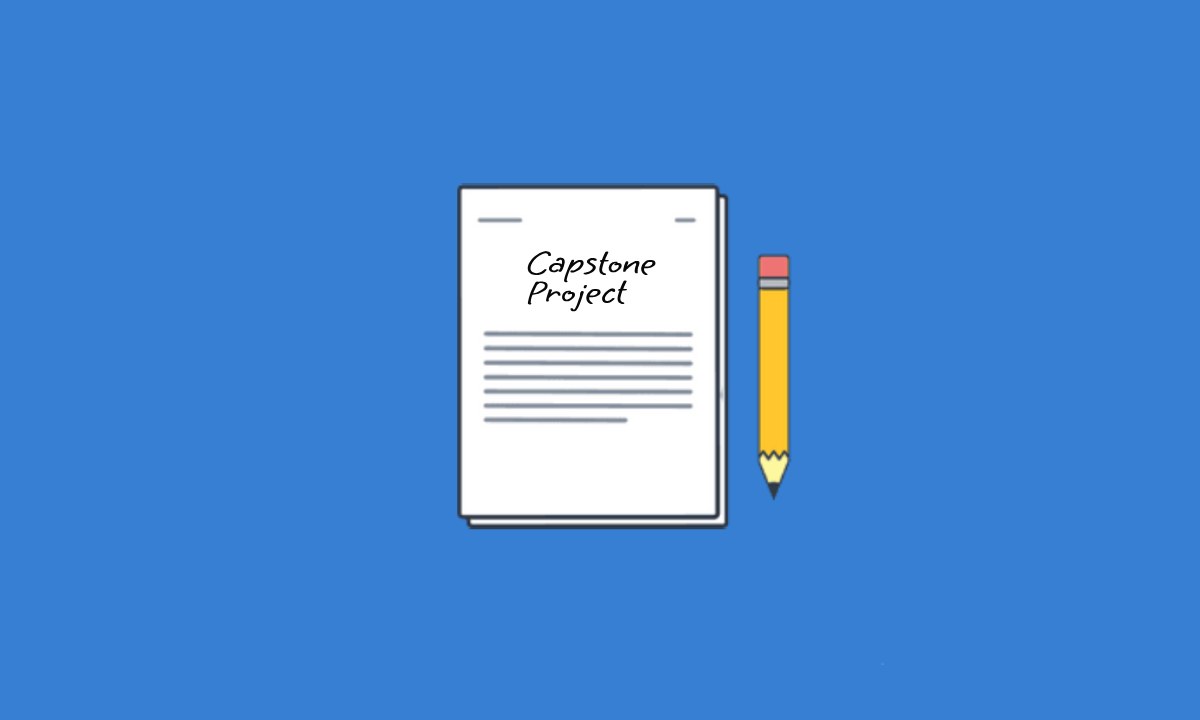What is Work Study?
Work study is a program that provides part-time jobs for students to earn money while pursuing their education. Funded by governments or institutions, it helps students cover expenses and gain practical work experience. Jobs are flexible and may be on-campus or with approved organizations, offering financial support and skill development.
Work Study Types:
There are several types of Work Study programs, each tailored to specific contexts and needs. These can vary by country, institution, or funding source. Below are the main types:
1. Federal Work-Study (FWS)
The Federal Work-Study (FWS) program in the United States is funded by the federal government to assist students with financial need. It offers part-time employment opportunities, often on campus or with community service organizations, allowing students to earn money while pursuing their education. Jobs under this program typically include roles such as library assistants, lab technicians, tutors, or administrative support staff. To qualify, students must file the Free Application for Federal Student Aid (FAFSA) and demonstrate financial need.
2. Institutional Work-Study
Institutional Work-Study programs are funded and managed directly by colleges or universities. They provide part-time employment opportunities for students, often in roles similar to those in federal work-study programs, such as administrative assistants, research aides, or campus facility staff. Unlike federal programs, institutional work-study may not require students to demonstrate financial need, but the opportunities are usually limited to enrolled students at the institution.
3. Graduate Assistantships
Graduate assistantships are specialized work-study roles designed for graduate-level students. These positions typically involve academic-focused tasks, such as teaching undergraduate courses, assisting professors with research, or managing departmental duties. Graduate assistantships often align closely with a student’s area of study or research interests, providing both financial support and relevant professional experience. Eligibility requirements usually include being enrolled in a graduate program and maintaining strong academic performance.
4. Community-Based Work-Study
Community-based work-study positions emphasize serving the local community through roles at non-profits, educational institutions, or government organizations. These jobs allow students to contribute to initiatives that benefit the public, such as tutoring in underserved schools or working in community health programs. While these positions often fall under federal work-study, they stand out for their focus on fostering community development and engagement.
5. International Work-Study
International work-study programs cater to international students studying abroad or domestic students participating in study-abroad experiences. These programs typically offer on-campus jobs, such as research assistantships, tutoring, or administrative roles, helping students to manage living expenses. For international students, eligibility and job opportunities are often influenced by visa regulations and institutional policies, which may impose restrictions on the type and duration of employment.
6. Private Work-Study
Private work-study programs are funded by external organizations or companies in partnership with educational institutions. These programs often focus on providing industry-specific experience, such as internships, co-op placements, or apprenticeships, alongside financial support. Private work-study jobs are particularly beneficial for students seeking to build professional skills and networks in their chosen field. Eligibility may require students to meet academic or professional qualifications set by the partnering organization.
7. State-Specific Work-Study Programs
State-specific work-study programs are initiatives funded by individual states to support students pursuing higher education. These programs often include public service roles in sectors such as education, healthcare, or government. For example, students might work as teacher’s aides, library assistants, or healthcare workers. Eligibility for these programs is typically based on state residency and enrollment at a state-supported college or university, making them an important resource for in-state students.
Work Study Courses:
Work study courses are academic programs designed to integrate classroom learning with practical work experience. These courses aim to equip students with skills that prepare them for the workforce while earning credits toward their degree. They are often a part of cooperative education (co-op) programs, internships, or specialized training courses, providing a hands-on approach to learning. Below are some common types of work study courses:
1. Cooperative Education (Co-op) Programs
Co-op programs allow students to alternate between periods of academic study and full-time work in their field of study. These programs are typically structured to provide real-world experience in industries such as engineering, business, healthcare, or technology. Students gain practical knowledge, build professional networks, and often receive compensation for their work, making co-op courses an invaluable part of career preparation.
2. Internship Courses
Internship courses combine academic credit with part-time or full-time internships. These courses require students to work in a professional setting relevant to their field of study while completing related coursework. For example, a marketing student might intern at an advertising agency while submitting reports or presentations reflecting on their experience. Internship courses bridge the gap between academic theory and professional application.
3. Apprenticeship Programs
Apprenticeship courses are highly specialized and focus on skill development in technical or vocational fields, such as construction, manufacturing, or IT. These programs combine classroom instruction with paid, hands-on training under the supervision of skilled professionals. Apprenticeships often lead to industry-recognized certifications or licenses, offering students a direct pathway to employment.
4. Work-Integrated Learning (WIL) Courses
Work-integrated learning courses are designed to incorporate workplace experiences into academic programs. These courses might include service learning, clinical placements, or project-based collaborations with industry partners. WIL courses emphasize experiential learning, ensuring students apply their knowledge in real-world contexts, such as working on projects for a company or conducting field research.
5. Career-Specific Practicums
Practicum courses are short-term, career-specific training programs that focus on practical application in professional settings. These are commonly found in fields such as education, social work, or healthcare. For instance, a teaching practicum might involve student-teaching in a classroom, while a nursing practicum would include clinical rotations at a hospital. These courses are crucial for meeting licensure or certification requirements.
6. Dual-Study Programs
Dual-study programs combine academic studies with work placements at a partner organization. Common in European countries like Germany, these programs allow students to divide their time between university and practical work experience. Students often receive a salary from the partner organization, making dual-study programs an attractive option for those seeking both education and financial stability.
7. Entrepreneurship or Business Incubator Courses
Some institutions offer courses that combine academic study with entrepreneurship training. These courses often include internships, mentorships, or opportunities to work on real business ventures. Students in these programs learn skills like business planning, product development, and market analysis while gaining hands-on experience in a startup or entrepreneurial setting.
Work Study Criteria:
To participate in a work study program, students must meet specific criteria based on the program’s type and funding source. These requirements ensure that work study opportunities are distributed fairly and align with the program’s goals. Below are common eligibility criteria for work study programs:
1. Financial Need
For federally funded programs like the Federal Work-Study (FWS) in the United States, students must demonstrate financial need. This is typically determined through the Free Application for Federal Student Aid (FAFSA). The institution evaluates the student’s financial situation, including family income, expected contributions, and educational costs, to determine eligibility.
2. Enrollment Status
Most work study programs require students to be enrolled at least part-time in a degree or certificate program. Some programs may prioritize full-time students, especially if the funding source is federal or institutional. Graduate students may also qualify for specific work study opportunities, such as assistantships, provided they meet enrollment requirements.
3. Academic Progress
Students must maintain satisfactory academic progress as defined by their institution. This typically includes meeting minimum GPA requirements and completing a certain percentage of attempted coursework. Failure to meet these standards may result in the loss of work study eligibility.
4. Citizenship or Residency
Eligibility for federal work study programs often requires students to be U.S. citizens, permanent residents, or eligible non-citizens. International students may have access to institutionally funded work study opportunities, but these are usually governed by the terms of their student visas.
5. Application Process
To be considered for a work study program, students must complete the required application process. For federal programs, this involves submitting the FAFSA by the institution’s deadline. Institutional or private work study programs may have separate applications or require additional documentation, such as resumes or essays.
6. Job Placement
Work study programs typically require students to apply for specific jobs offered through the program. While eligibility determines access to the program, students must still meet job-specific requirements, such as relevant skills, availability, or prior experience. Some positions may prioritize students with certain academic majors or interests.
7. Community Service Preference
In some cases, work study programs give preference to positions that promote community service or align with public service goals. For example, federal work study may prioritize roles in education, literacy programs, or non-profit organizations that benefit the local community.
8. Institutional Policies
Individual institutions often have additional criteria for work study programs, such as limiting the number of hours students can work per week or specifying certain periods when students can participate (e.g., during academic semesters only). Institutions may also establish their own financial need thresholds or prioritize certain groups, such as first-year students or those in specific programs.
9. International Student Requirements
For international students, eligibility for work study is governed by visa regulations and institutional policies. While international students are typically ineligible for federal work study programs, they may qualify for institutionally funded positions. These students must ensure that their employment complies with visa restrictions, such as limits on working hours.
10. Age or Employment Eligibility
Students must meet legal employment eligibility criteria, including minimum age requirements, as defined by federal, state, or institutional policies. They must also provide necessary documentation, such as proof of identity and eligibility to work in the country.
Work Study Benefits:
Work study programs offer numerous advantages to students by providing a blend of financial support, practical experience, and career preparation. These benefits extend beyond just earning an income, helping students develop skills and connections that are valuable for long-term success. Below are some key benefits of participating in work study programs:
1. Financial Support
Work study programs provide students with a reliable source of income to help cover tuition, books, and living expenses. Since these jobs are often part-time and flexible, they allow students to manage their financial needs without compromising their academic commitments. For students with financial aid, the income from work study does not typically reduce their eligibility for other forms of assistance.
2. Skill Development
Work study roles often align with students’ academic fields or career goals, allowing them to gain relevant experience and build professional skills. For example, students can develop technical expertise, improve communication and time management abilities, and enhance their problem-solving skills. These experiences prepare students for the workforce and make them more competitive job candidates after graduation.
3. Flexibility
Work study jobs are designed with students’ schedules in mind. Employers, often within the institution or affiliated organizations, understand the demands of coursework and exams, ensuring that students can balance their academic and work responsibilities effectively. This flexibility makes work study programs more accommodating than many off-campus employment opportunities.
4. Professional Networking
Through work study programs, students have the opportunity to build relationships with faculty, staff, and professionals in their field of interest. These connections can serve as valuable references for future job applications or internships. Additionally, work study programs can help students gain insights into potential career paths and open doors to long-term opportunities.
5. On-the-Job Experience
Work study positions provide students with hands-on experience in a professional environment. Whether working as a research assistant, tutor, or administrative aide, students learn workplace etiquette, teamwork, and task management. This experience often serves as a stepping stone for internships, full-time employment, or further academic pursuits.
6. Contribution to the Community
Many work study programs emphasize community service and social responsibility. Students can work with non-profit organizations, schools, or healthcare facilities, contributing to the well-being of their local communities. These roles not only provide personal fulfillment but also help students build a sense of civic engagement and responsibility.
7. Reduced Student Debt
By earning income through work study programs, students can reduce their reliance on loans and minimize their overall debt burden. This financial independence helps students manage their expenses more effectively, reducing stress and improving their ability to focus on academics.
8. Career Exploration
Work study programs allow students to explore various roles and industries, helping them discover their interests and strengths. For example, a student considering a career in education might work as a tutor or teaching assistant, gaining valuable insight into the field before committing to it.
9. Resume Building
The professional experience gained through work study programs enhances a student’s resume. Employers value candidates who have demonstrated a balance between academics and work, as it shows discipline, reliability, and initiative. Students can highlight the skills and achievements from their work study roles to stand out in the job market.



